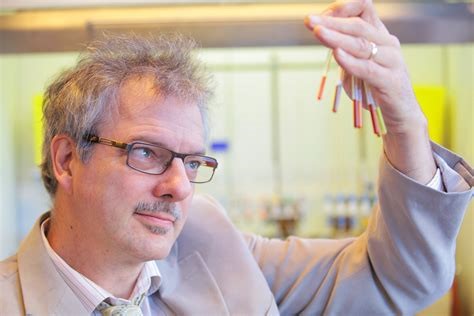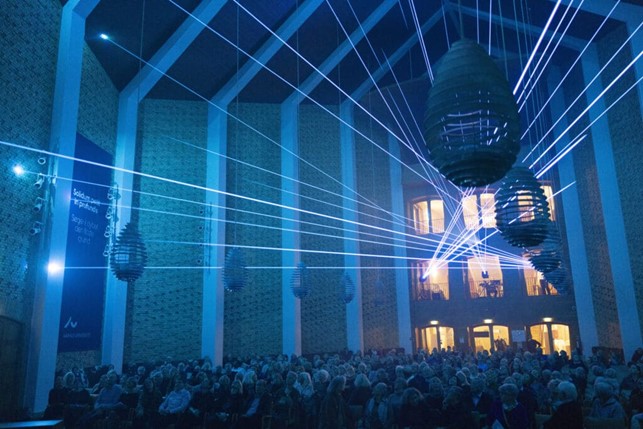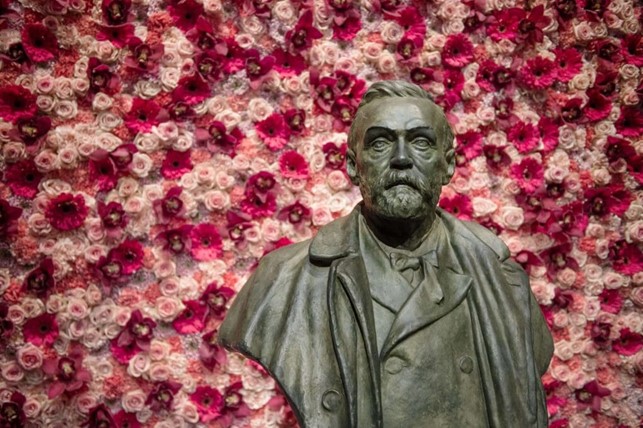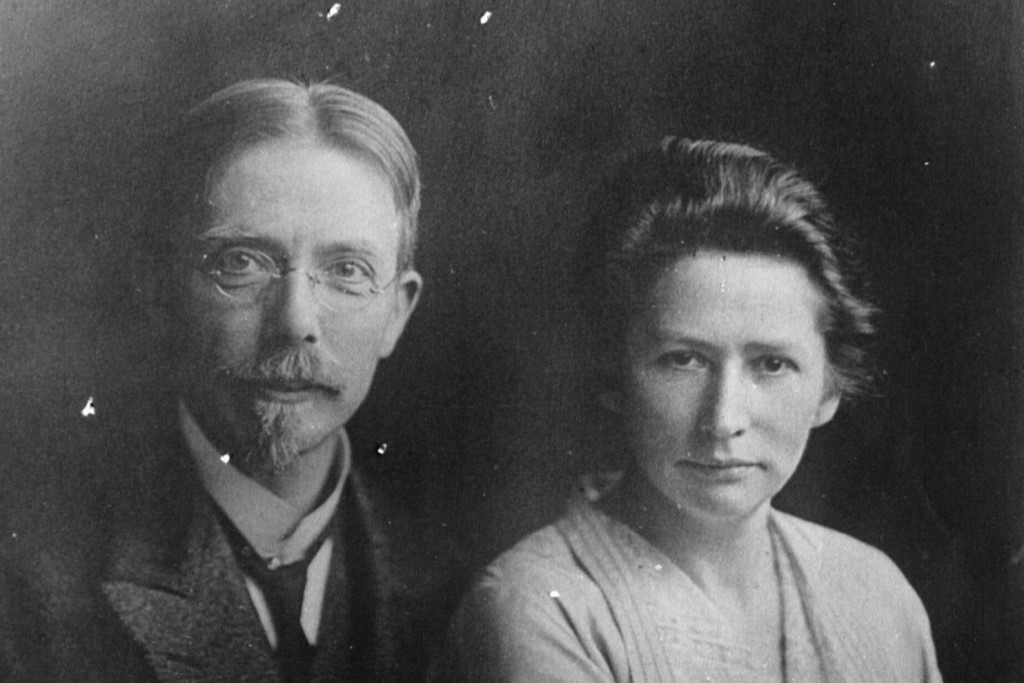Nobel Prize in chemistry 2022
Morten Meldal, member of the Royal Danish Academy, receives Nobel Prize in chemistry

“I was taken completely by surprise when they called me at 11 am,” a jubilant Meldal tells the Royal Academy on being awarded the Nobel Prize. He is the first Danish recipient in 25 years.
By Rikke Reinholdt Petersen
We can almost hear Meldal beaming when we talk to him on the phone after only having just learned about his award a couple of hours before:
– “I never thought I’d receive a Nobel Prize, I was completely bowled over when they rang”, Meldal tells us over the phone, bubbling with enthusiasm.
The prize, which the Nobel Committee announced is for the development of click chemistry and bioorthogonal chemistry, has been awarded jointly to Meldal, professor at the Department of Chemistry, University of Copenhagen and his American fellow researchers Barry Sharpless from Scripps Research, California, and Carolyn R. Bertozzi from Stanford University, California.
– “I did think that the bioorthogonal part of the research might win a Nobel Prize but that only Carolyn Bertozzi would receive it”, says Meldal.
However, according to the Royal Swedish Academy of Sciences, which selects the laureates, the joint endeavour of the three scientists is what earned them the prestigious award. As a Swedish press release just published today, 5 October 2022, explains:
– “The 2022 Nobel Prize in Chemistry is about making difficult processes easy. Barry Sharpless and Morten Meldal have laid the foundations for a functional form of chemistry – click chemistry – where molecular building blocks snap together quickly and efficiently. Carolyn Bertozzi has taken click chemistry to a new dimension and started utilising it in living organisms”.
Transformative
– “Receiving the Nobel Prize will have a big impact”, says Meldal humbly, adding: “I’ve spent quiet years focusing on my research and teaching at the university. This prize will have huge consequences both for the research and my work, and I think it places certain expectations on me, as well as on my department [Department of Chemistry]”.
Meldal relates how his colleagues and the students at the Department of Chemistry are already joining in the celebrations.
– “And I’m sure that the staff at the Carlsberg Research Laboratory are also delighted”, he adds.
Prior to joining the Department of Chemistry at the University of Copenhagen, Meldal carried out his research at Carlsberg Research Laboratory, where he took the first steps, together with a PhD student, towards the discovery that secured him the Nobel Prize in Chemistry today.
– “Discovering a new chemical reaction can be transformative. And that’s what this is”, concludes Meldal proudly.
Meldal, a member of the Royal Academy since 1998, will take part in a members’ meeting in late November, where he will give an introductory presentation on his prize-winning research.
The Nobel Prize in Chemistry is awarded by the Royal Swedish Academy of Sciences and carries a monetary award of SKK 10 million to be shared by the winners.
The prize winners
Morten Meldal, born in Denmark in 1954, was awarded his PhD in 1986 from the Technical University of Denmark, Lyngby. Professor at the Department of Chemistry, University of Copenhagen, Copenhagen, Denmark. Member of the Royal Danish Academy of Sciences and Letters since 1998.
Carolyn R. Bertozzi, born in the United States in 1966, earned her PhD in 1993 from University of California, Berkeley, USA. Anne T. and Robert M. Bass Professor at Stanford University, California, USA.
Barry Sharpless, born in the United States in 1941, received his PhD in 1968 from Stanford University, California, USA. W. M. Keck Professor at Scripps Research, La Jolla, California, USA.


